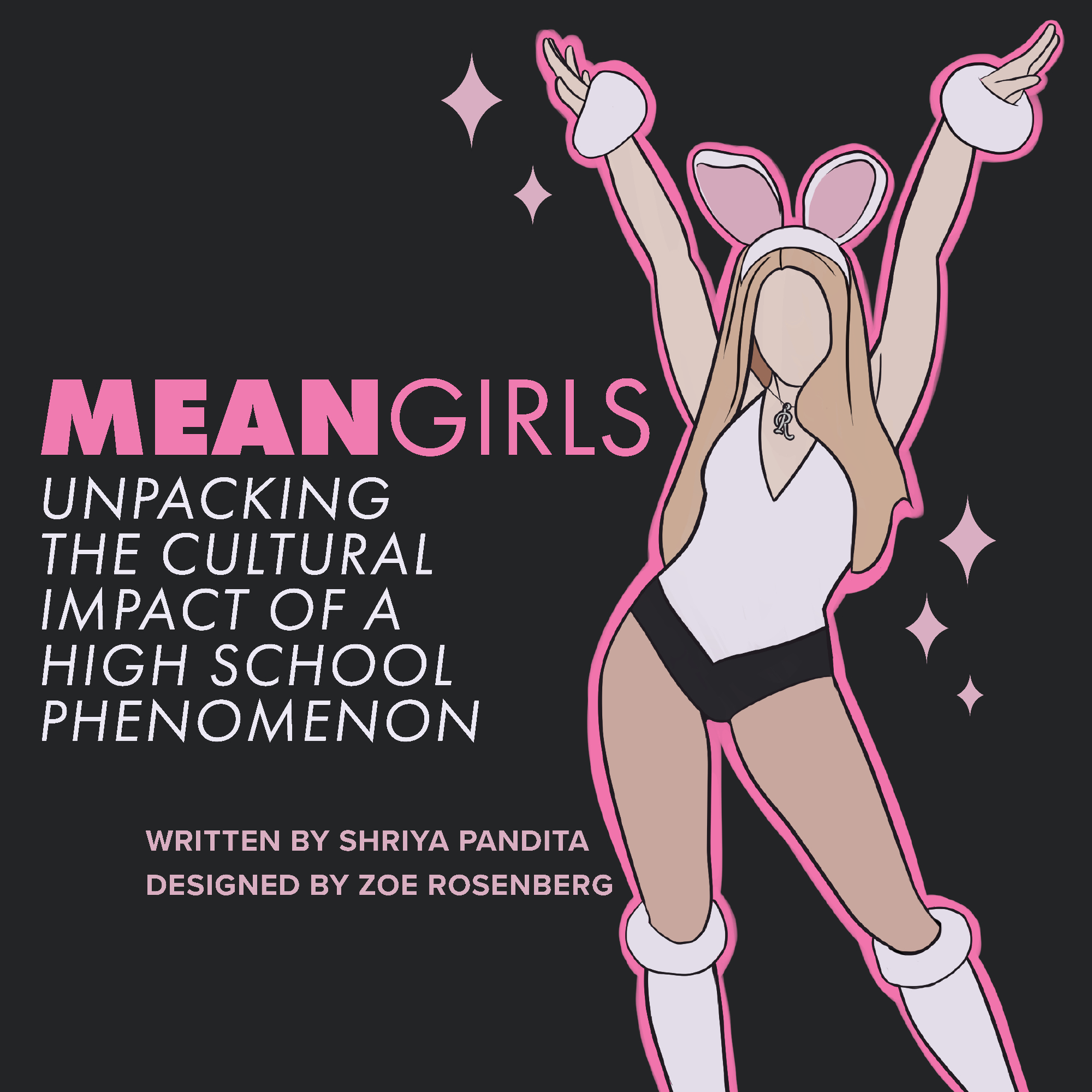
In 2004, the film “Mean Girls” took the world by storm, offering more than just another high school narrative. At its core, the movie spotlighted the enigmatic character Regina George. Portrayed by Rachel McAdams, Regina is the epitome of the “mean girl”: rich, beautiful and domineering. Her sharp tactics and unforgettable one-liners not only embedded themselves in pop culture, but also positioned her as a character that was simultaneously feared and envied.
Regina’s ascendancy as an icon can be attributed to society’s fascination with power and dominance. Her influence, ability to mold reputations and audacious demeanor, although negatively framed within high school corridors, were seen as aspirational in the broader context of a competitive world.
However, the admiration for Regina wasn’t just about her strength. Her moments of vulnerability, the stress of retaining her prestige and the eventual repercussions of her meanness humanized her. This blend of resilience and vulnerability possibly resonated with many, making her a relatable figure.
Yet, the glamor surrounding Regina had repercussions. Her behavior in the film started reflecting real-world interactions. Some youth, intrigued by the power Regina wielded, emulated not her growth but her manipulative traits. This rise of the mean girl stereotype led to discussions about the glamorization of bullying and the potential dangers of normalizing toxic behaviors.
Today’s world, characterized by its emphasis on mental health and the detriments of bullying, views the mean girl persona through a more critical lens. In an era of heightened awareness about inclusivity and well-being, the behaviors that once made Regina iconic are now seen as detrimental. The increasing conversations around mental health have further spotlighted the dangers of endorsing such behaviors.
Some argue that films like “Mean Girls,” while critiquing social dynamics, might unknowingly perpetuate the behaviors they critique. With the rise of cancel culture, the charm once associated with the mean girl attitude is waning. The behaviors that were once the hallmark of Regina George’s character are now recognized as harmful.
However, it’s crucial to separate the character from the cultural interpretation. “Mean Girls” mirrored society, capturing the nuances of adolescence and the inherent desire to belong. Regina wasn’t conceptualized as a role model but as a commentary, a reflection of unchecked ambition.
“Mean Girls” and Regina George remain iconic, but societal perceptions have evolved. The allure of the mean girl persona demonstrates the intricate bond between pop culture and societal behaviors. As awareness grows around bullying and mental health, characters like Regina serve as reminders of the complexities of human nature and our evolving standards of acceptable behavior.